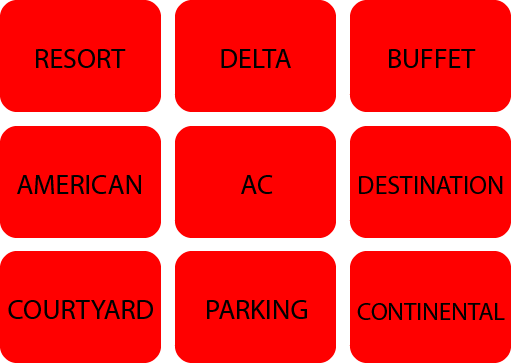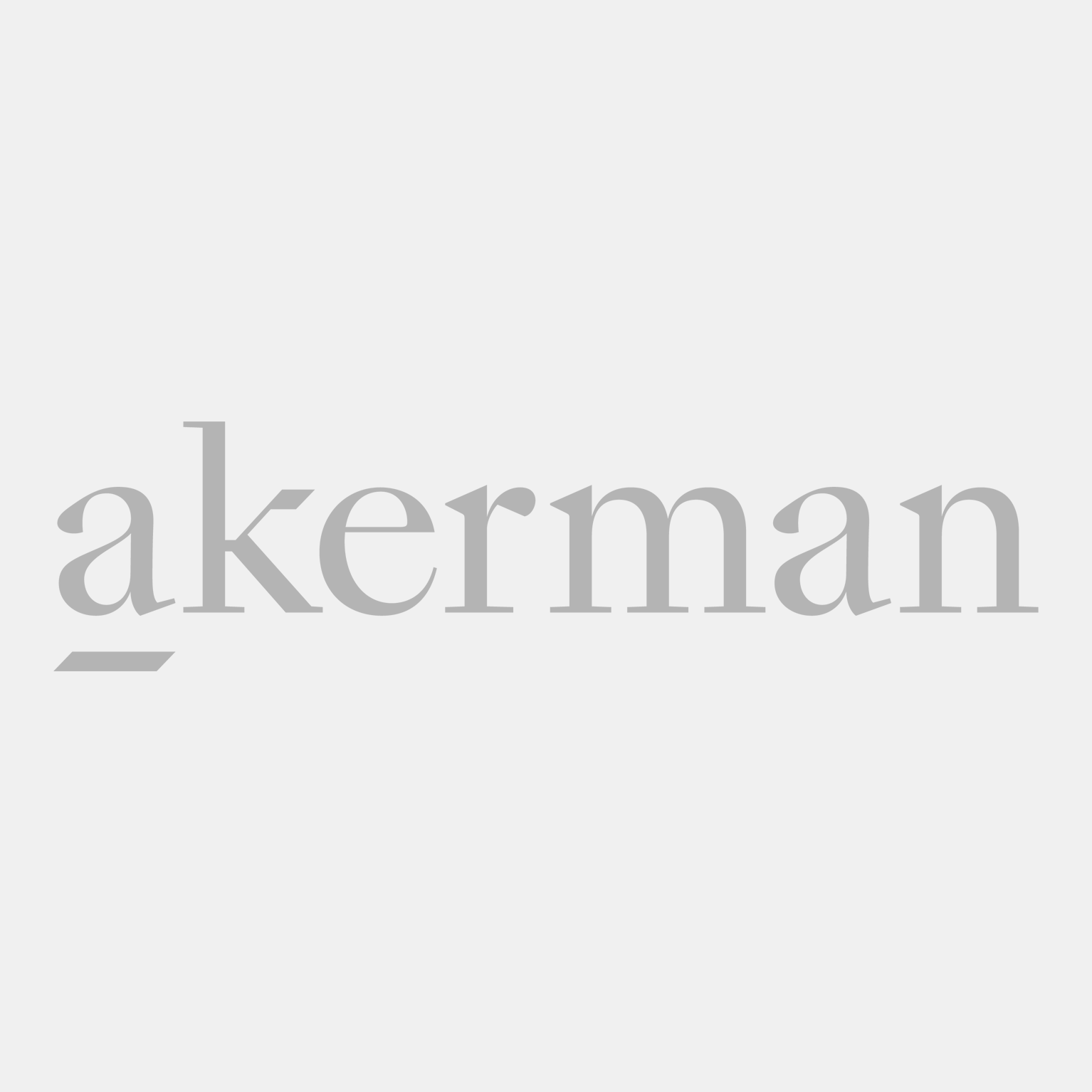In this issue
- The New York SAFE Hotels Act Faces First Legal Challenge
- What All Hospitality Employers Need to Understand About Labor Law
- Regulating Protected Class Data and Algorithmically Derived Data: New York's Algorithmic Pricing Act Takes Effect
- Latin American Tourism at an Inflection Point: The Rise of Third-Party Hotel Management
The New York SAFE Hotels Act Faces First Legal Challenge
![]() KEY TAKE
KEY TAKE
The pending Article 78 proceeding has the potential to force legislative or administrative restructuring of how New York City regulates hotel operations and employee protections.
In our January 2025 issue of Leisure Law Insider, we provided a summary of the final version of what is now New York City Local Law § 20-565 (the SAFE Hotels Act or Act). The Act took effect on May 3, 2025, and was enacted to strengthen safety standards and accountability in New York’s hospitality sector. Now, the Act is being challenged by a coalition of hotel owners and trade associations called Hotel Owners of New York, Inc. (HONY), established in July 2024 to address the potential impacts of the (then pending) legislation.
Read More
What All Hospitality Employers Need to Understand About Labor Law
![]() KEY TAKE
KEY TAKE
All hospitality industry employers, including those without union represented employees, are subject to the National Labor Relations Act and are well advised to monitor the National Labor Relations Board's actions and decisions.
Hospitality employers cannot ignore labor law just because their employees are not represented by a union. All hospitality employers must fully comply with labor law developments because their employees are protected by the National Labor Relations Act (Act), even in the absence of union representation. As a result, hospitality employers must monitor decisions issued by the National Labor Relations Board (NLRB), which is the federal agency that interprets the Act.
Read More
Regulating Protected Class Data and Algorithmically Derived Data: New York's Algorithmic Pricing Act Takes Effect
![]() KEY TAKE
KEY TAKE
The Act emphasizes consumer transparency by requiring disclosures that are factual and non-misleading, aiming to prevent discriminatory pricing practices.
Given the recent ruling dismissing the challenge to the New York Algorithmic Pricing Act, (the Act), hotels should now be in compliance with the Act, which initially was to go into effect July 8, 2025. Following the legislative trend toward transparency and customer protection in pricing practices, the new law impacts businesses, including hotels, that utilize customer specific data to set personalized prices (a practice commonly referred to as "surveillance pricing"). Hotels often employ sophisticated revenue management software that rely on algorithms to optimize pricing in real time.
Read More
Latin American Tourism at an Inflection Point: The Rise of Third-Party Hotel Management
 Rogerio Basso is a Principal with Impactum Capital Advisors. Impactum is a boutique investment bank platform specializing in capital markets in the hospitality and tourism sector in Latin America and the Caribbean. The firm sources capital (debt/equity) for sustainable tourism projects at different stages of development, while also providing strategic guidance to promote impact investing principles rooted in ESG.
Rogerio Basso is a Principal with Impactum Capital Advisors. Impactum is a boutique investment bank platform specializing in capital markets in the hospitality and tourism sector in Latin America and the Caribbean. The firm sources capital (debt/equity) for sustainable tourism projects at different stages of development, while also providing strategic guidance to promote impact investing principles rooted in ESG.
Latin America’s hotel industry stands at a turning point, as third-party management companies usher in a new era of professionalization and scale. Their rise is transforming operations, attracting institutional capital, and reshaping the region’s tourism landscape—paving the way for sustained, long-term investment.
Read More

 |
|
Common Elements Puzzle Please send your answers to [email protected] by Friday, November 14, 2025. Congratulations to the winners of last edition’s puzzle! The answers were: (1) Out, Please, In – Check; (2) Comfort, Residence, Holiday – Inn; (3) IHG, H, MGM – Stock Symbols! |












